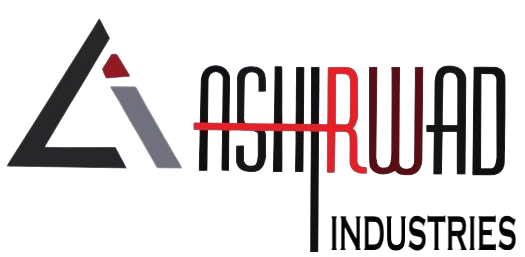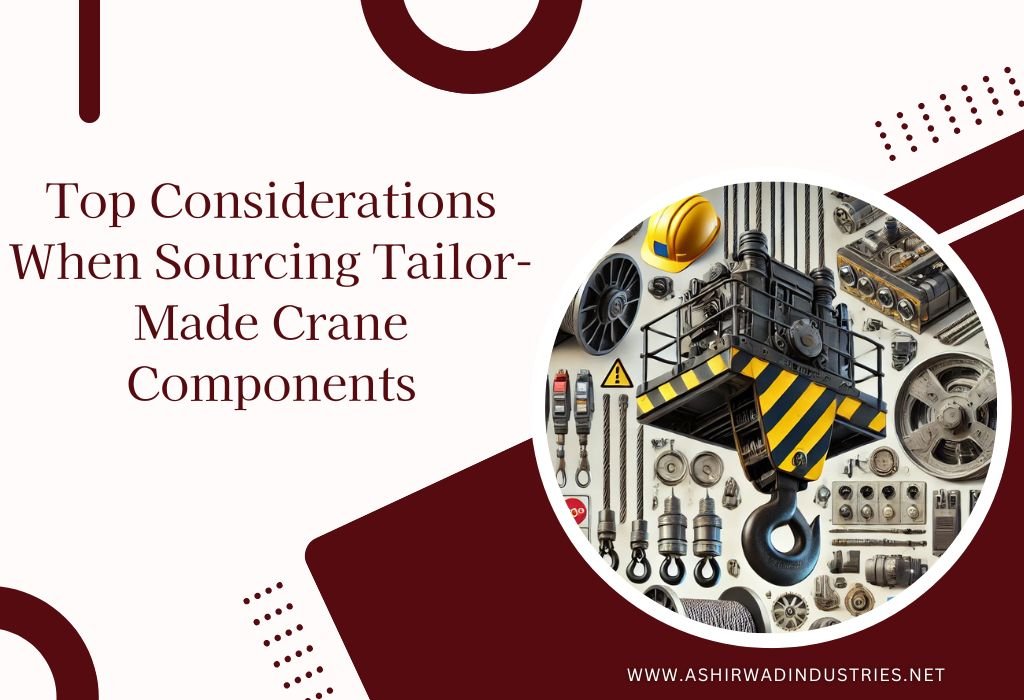-
Mar, Wed, 2025
Top Considerations When Sourcing Tailor-Made Crane Components
When it comes to sourcing tailor-made crane components, selecting a reliable supplier is critical. Your components must not only meet rigorous safety and performance standards but also be delivered on time and within budget. This blog outlines the key factors to consider during the sourcing process.
Supplier Expertise and Experience
- Industry Experience: Look for suppliers with a solid track record in manufacturing custom crane parts. Their familiarity with the industry ensures they understand the unique challenges of heavy-duty operations.
- Technical Competence: Verify that the supplier has modern design and manufacturing capabilities, including CAD expertise and access to advanced production techniques such as CNC machining and heat treatment.
Quality Assurance and Certifications
- Compliance with Standards: Ensure the supplier adheres to international standards such as ISO, ASME, and OSHA. Certified processes and quality control systems are essential for ensuring reliable performance.
- Quality Control Processes: Investigate how the supplier conducts inspections and testing—this can range from material analysis to load testing—to guarantee that every part meets stringent requirements.
Customization Capabilities
- Tailored Solutions: The supplier should offer genuine customization options. Ask for examples of previous projects where they developed bespoke components that met unique client specifications.
- Flexibility in Design: A great supplier is open to collaborating on design modifications and incorporating feedback to ensure the final product precisely meets operational needs.
Lead Times and Production Capacity
- Timeliness: Understand the typical lead times for production. Shorter lead times mean that you can integrate new parts with minimal downtime.
- Scalability: The supplier should be able to handle both small-scale prototype production and large-scale orders, depending on your operational requirements.
Cost Considerations
- Transparent Pricing: Look for clear, itemized pricing structures. This helps avoid unexpected costs during the production process.
- Long-Term Value: While initial costs are important, consider the overall value. A slightly higher cost might be justified by better durability, reduced maintenance, and lower lifecycle expenses.
After-Sales Support and Service
- Technical Assistance: Reliable suppliers provide robust after-sales support, including troubleshooting, spare parts, and guidance on maintenance.
- Warranty and Guarantees: Assess the warranty terms and conditions. A strong warranty indicates confidence in the product’s longevity and performance.
Conclusion
Sourcing tailor-made crane components involves careful evaluation of the supplier’s expertise, quality control, customization abilities, production capacity, cost, and support services. By considering these factors, businesses can secure components that boost operational efficiency and safety while reducing long-term costs.
Comments 0


